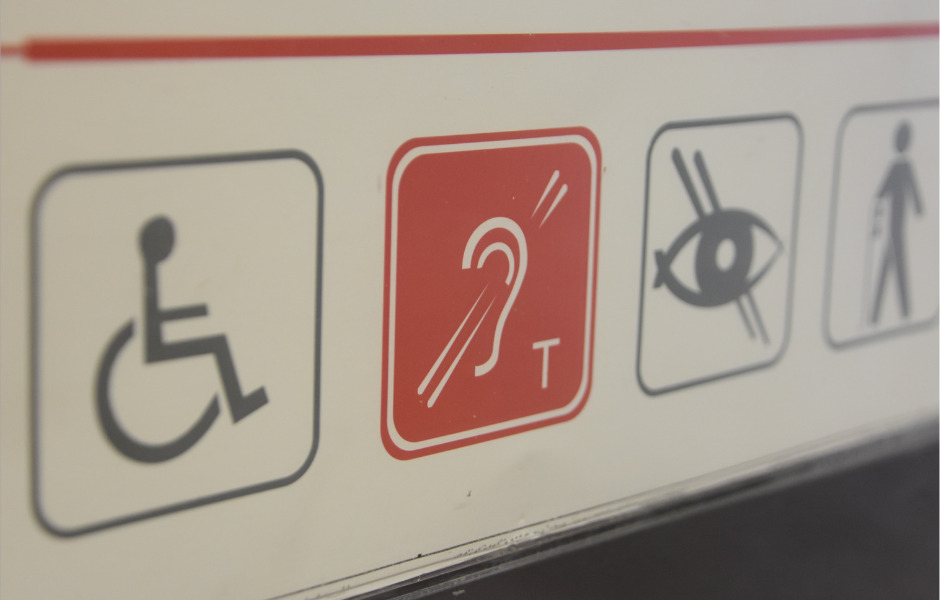We request the intervention of the Ombudsman for the lack of equal access to the procedures for acquiring Greek citizenship for Persons with Disabilities

We requested the intervention of the Greek Ombudsman, in relation to the issue of lack of equal access that persons with disabilities face vis-à-vis the right to apply for Greek citizenship. As an organization that consistently monitors the implementation of the legal framework in relation to Greek citizenship, we identified systemic gaps and obstacles in the procedures regarding the rights of migrants with disabilities who wish to apply for Greek citizenship, both in relation to the so called ‘second generation citizenship’ (because of being born and/or going to school in Greece), as well as in the naturalization procedure.
Following this, on 15/11/2023, we filed a Report with the Greek Ombudsman requesting their intervention regarding the lack of equal access to the procedures for acquiring Greek citizenship for Persons with Disabilities. In our Report we highlight, for example, the following issues:
– For the past four years the law provides the possibility to minors and young people with a severe disability ( over 80% ) who were born and/or raised in Greece, to apply for citizenship without having to pass the written exams to prove their level of integration in the Greek society (the so-called PEGP, see below), but using instead certificates of provision of specialized care services and psychosocial or therapeutic rehabilitation interventions. However, until now, the relevant Ministerial Decision that is required for the implementation of the said legal provision, has yet to be issued. Therefore, this provision cannot be enforced, and children of immigrant origin with severe disabilities are de facto deprived of the possibility to obtain Greek citizenship.
Moreover, as far as the naturalization process is concerned, a necessary stage to acquire Greek citizenship is the acquisition of the Certificate of Proficiency for Naturalization (PEGP). The exams for this are written and quite difficult. As an exception to the general rule, people over the age of 62 and people with a certified physical disability of more than 67%, can sit oral exams instead, which are slightly easier. However, people with a mental or intellectual disability are not exempted from the general rule and have to sit the written exams.
Unfortunately, in the aforementioned instances, we witness once again the lack of substantial and real inclusion of Persons with Disabilities in the Greek society.
By filing this Report, we wish to highlight once more the issue of the exclusion of vulnerable PWDs of migrant origin from the procedure of accessing their rights. In this case, the right to Greek citizenship.

 Ελληνικά
Ελληνικά

